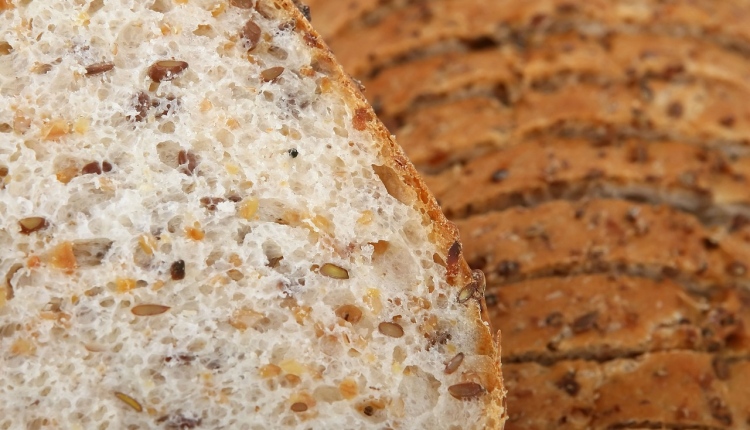In the past years or even decades, various health-oriented diets and lifestyles started to gain momentum – including wheat-free and gluten-free diets as well. While the two are not the same, one can be said to include the other: gluten is a group of proteins found in wheat, among others. For many people, these diets are not merely an option; about one percent of the population that has celiac disease must avoid gluten, while another 6 percent with a sensitivity to this protein experience an uncomfortable feeling if they consume products containing it. Nevertheless, about 30 percent of Americans tend to opt for gluten-free products when shopping. But is that a good decision? Let’s see the pros and cons of wheat in your diet so that you can decide for yourself.
The pros of a wheat-free diet
A wheat-free diet can pose a couple of benefits for many people:
- A wheat-free diet can sometimes be the solution to some digestive problems. Consuming a lot of wheat puts a strain on the intestines, as this protein is not easy to digest. As a result, bloating, water retention and gas problems may occur. Excluding wheat from your diet can help with these problems, especially if you’re sensitive to gluten or have celiac disease.
- Avoiding consuming wheat products can also help you stabilize your blood glucose levels, as wheat contributes to a large portion of glucose in our organisms. This is an important piece of information for diabetics, above all.
- Along similar lines, a wheat-free diet can help you in losing weight. As wheat is a frequent ingredient in unhealthy, carbohydrate-rich foods, such as white bread, pasta, cookies etc., avoiding wheat will help you avoid many processed foods, which will prevent weight gain. However, this kind of a weight-loss diet is only recommended if your doctor deems it necessary, as going off this diet later can cause a yo-yo effect.
- Finally, those with celiac disease will benefit from a wheat-free diet as they will regain their energy. 66 percent of patients reported that consuming gluten causes them to feel sluggish, which is reduced to 22 percent after excluding gluten from their diets.
The cons of a wheat-free diet
A wheat-free diet, however, also has a number of drawbacks you should keep in mind:
- With the reduced amount of fibers you would be getting from wheat, this kind of diet can cause you constipation, and not just once in a while, but potentially chronically. Fibers are important because they aid healthy bowel movement necessary for digestion. You can balance the number of fibers by upping the amount of fruits and vegetables you consume that are rich in fibers.
- Wheat and other grains also contain numerous essential nutrients, and you will be risking nutritional deficiencies if you exclude wheat from your diet. The most important nutrients found in whole grains are manganese, magnesium, as well as vitamin B1, B2 and B3.
- While wheat- and gluten-free products are more readily available today than ever, their price tag is still quite hefty compared to their regular counterparts. Wheat prices and the prices of regular wheat products, such as bread, crackers, pasta etc. are still much lower than that of special, wheat-free ones. You will also have to be constantly checking labels and limiting your options, which can be time-consuming and annoying. Also, be prepared to say no many a time you are offered food at social gatherings.
- Finally, a seemingly contradictory drawback of a wheat-free diet is possible weight gain. Wheat- and gluten-free products often contain more sugar and fats than their regular counterparts, which you should keep in mind if weight loss or maintaining your weight is your priority.
In conclusion, unless you are in fact sensitive to gluten or have celiac disease, following a wheat- and gluten-free diet is not only not worth the hassle, but it can cause you problems as well. A research done in Italy concluded that about 86 percent of the people who believe that they have gluten sensitivity were, in fact, unaffected; therefore, if you are suspecting that you might have an intolerance to this protein, it’s best if you get yourself tested before you jump into a wheat- or gluten-free diet.

